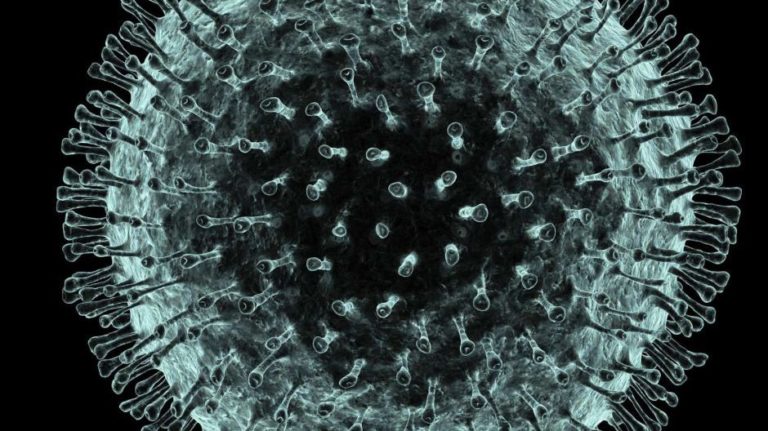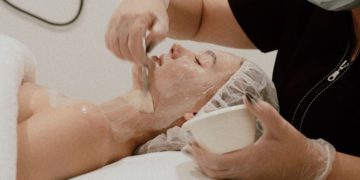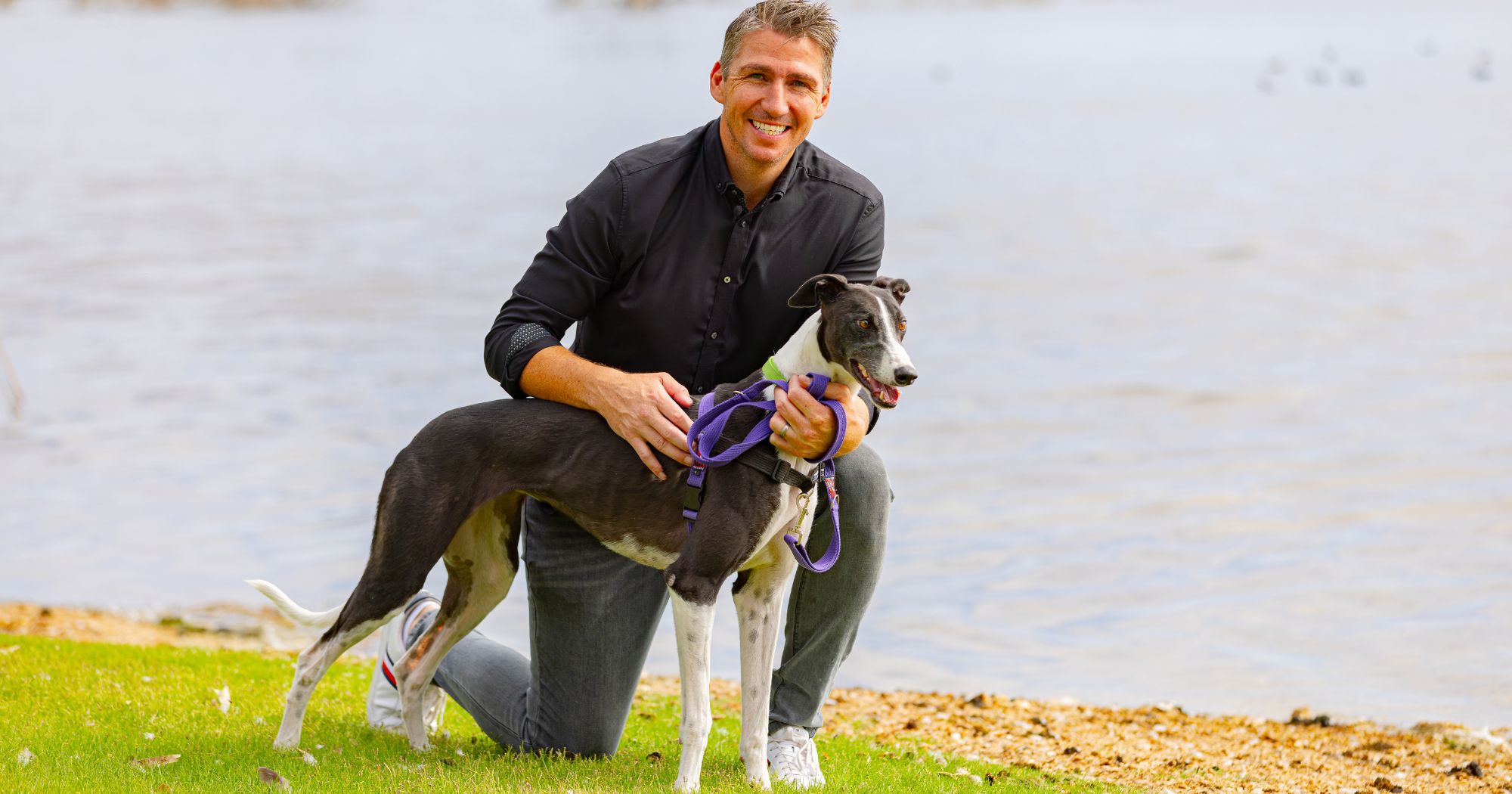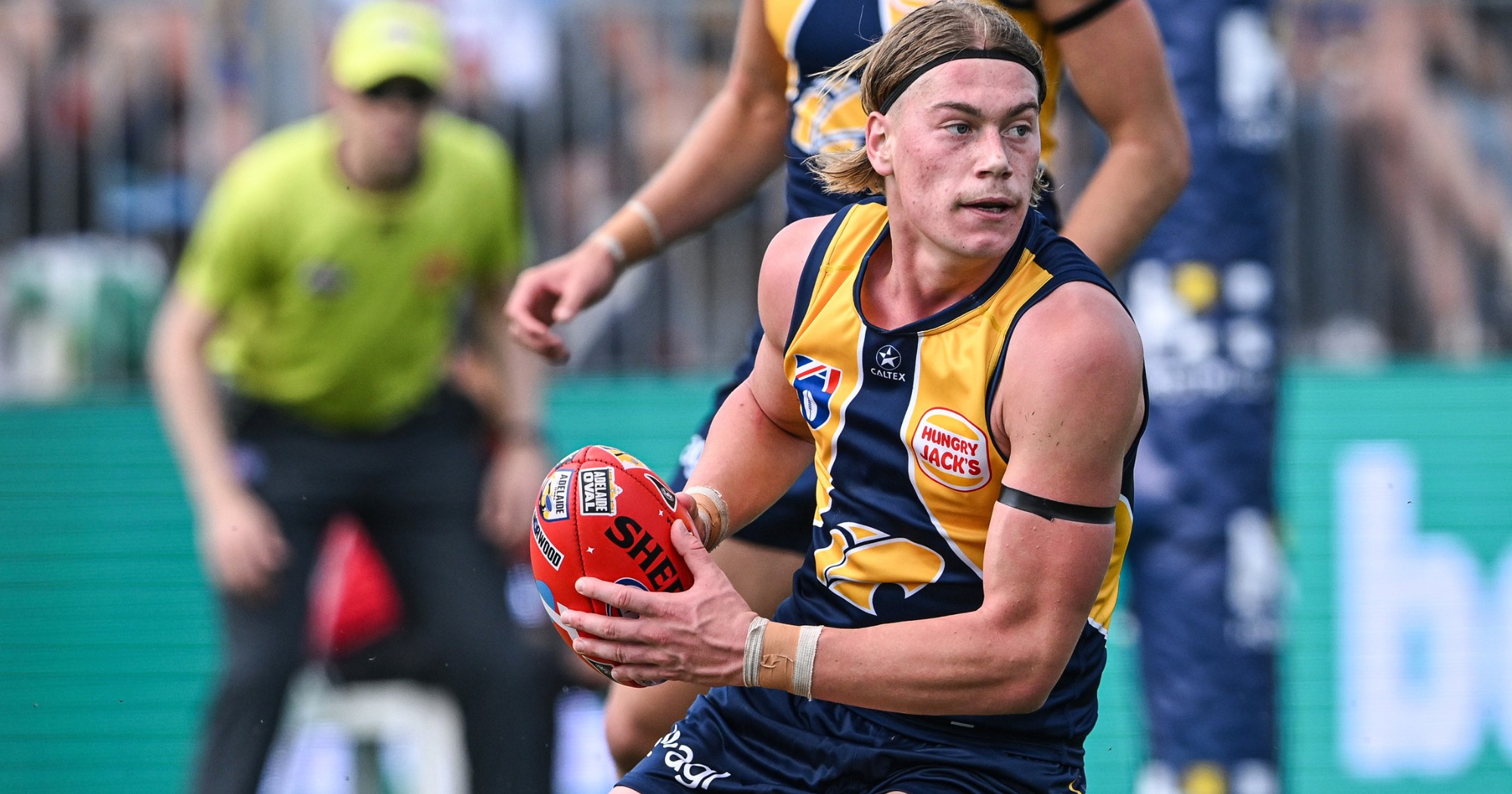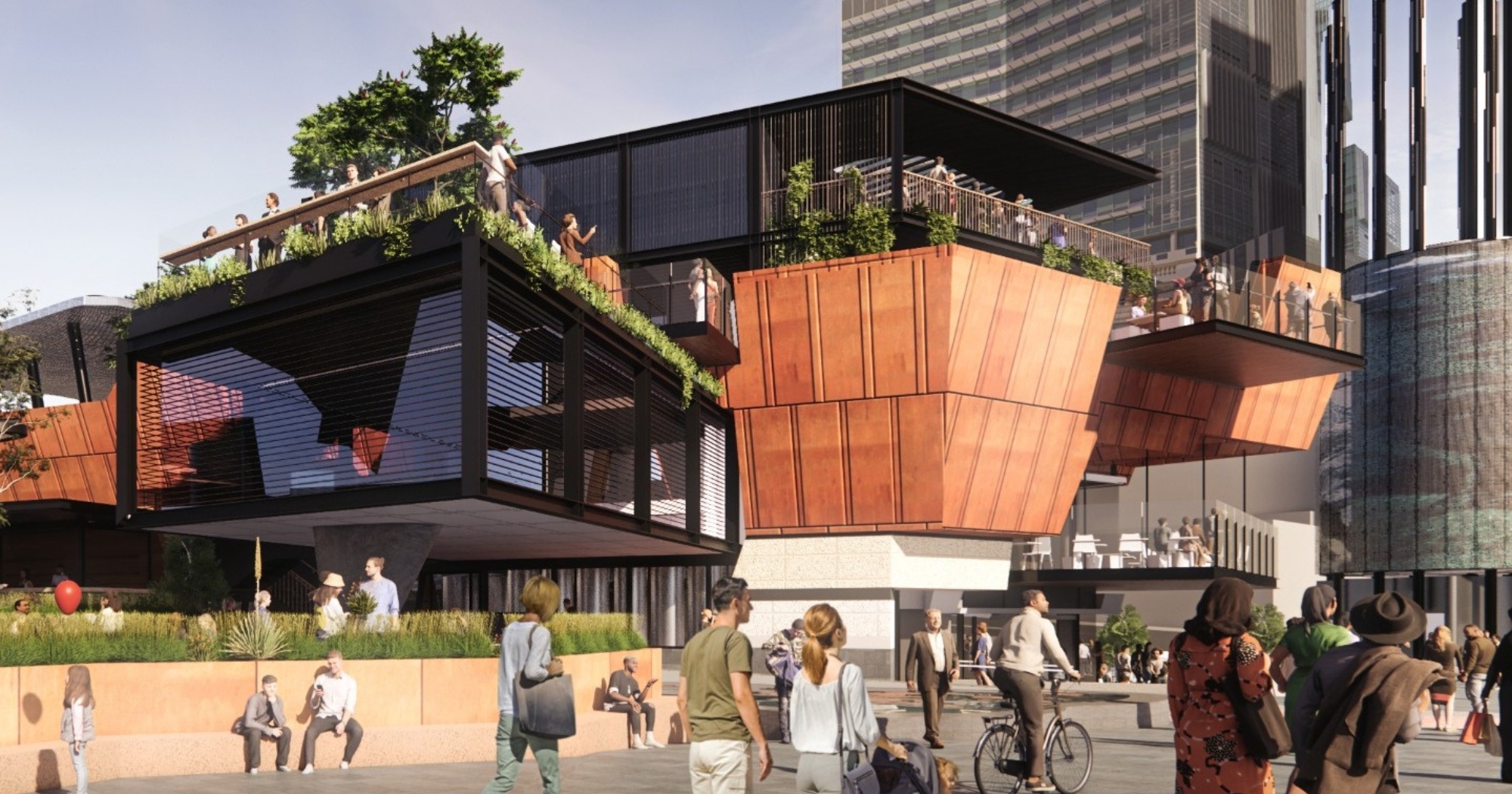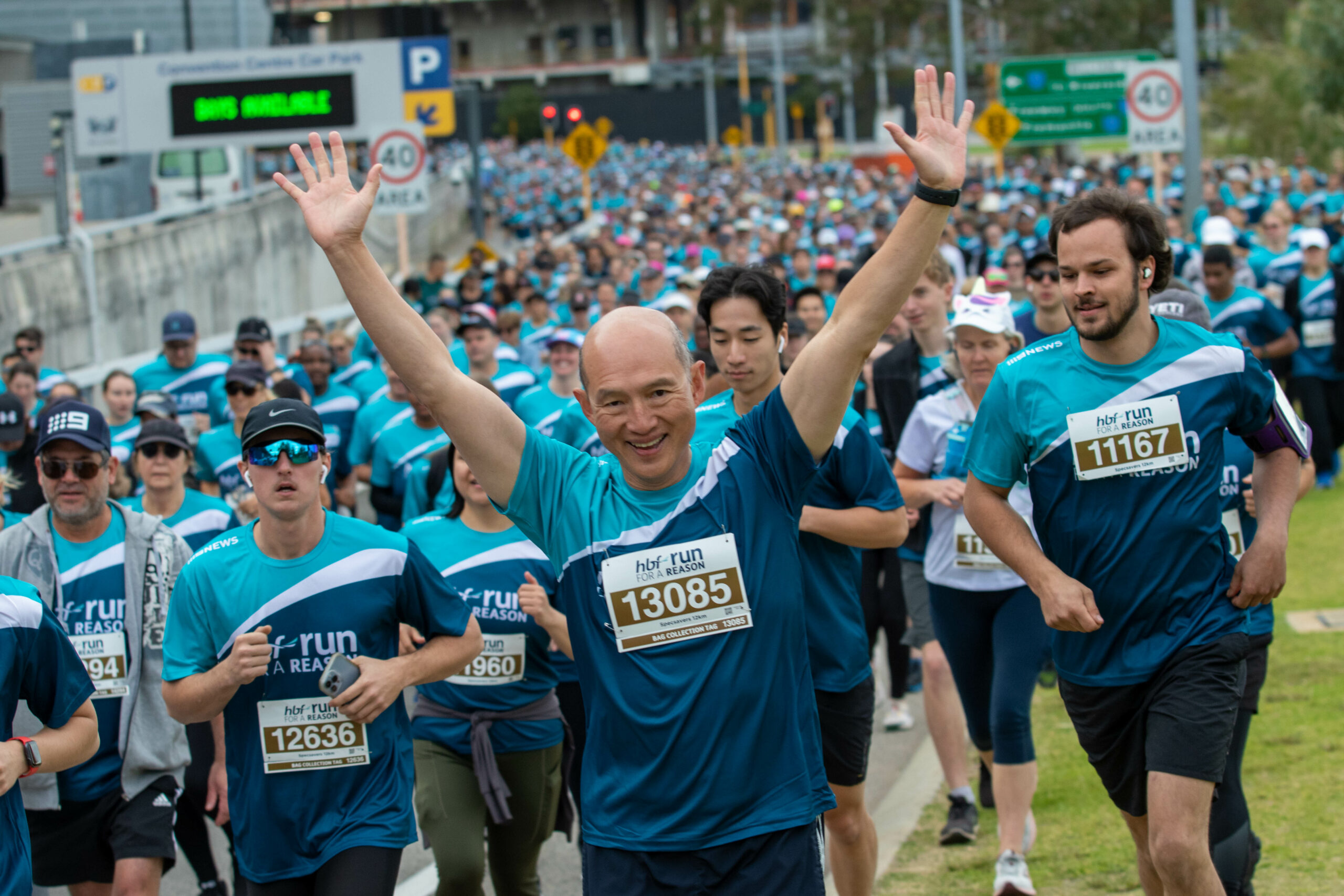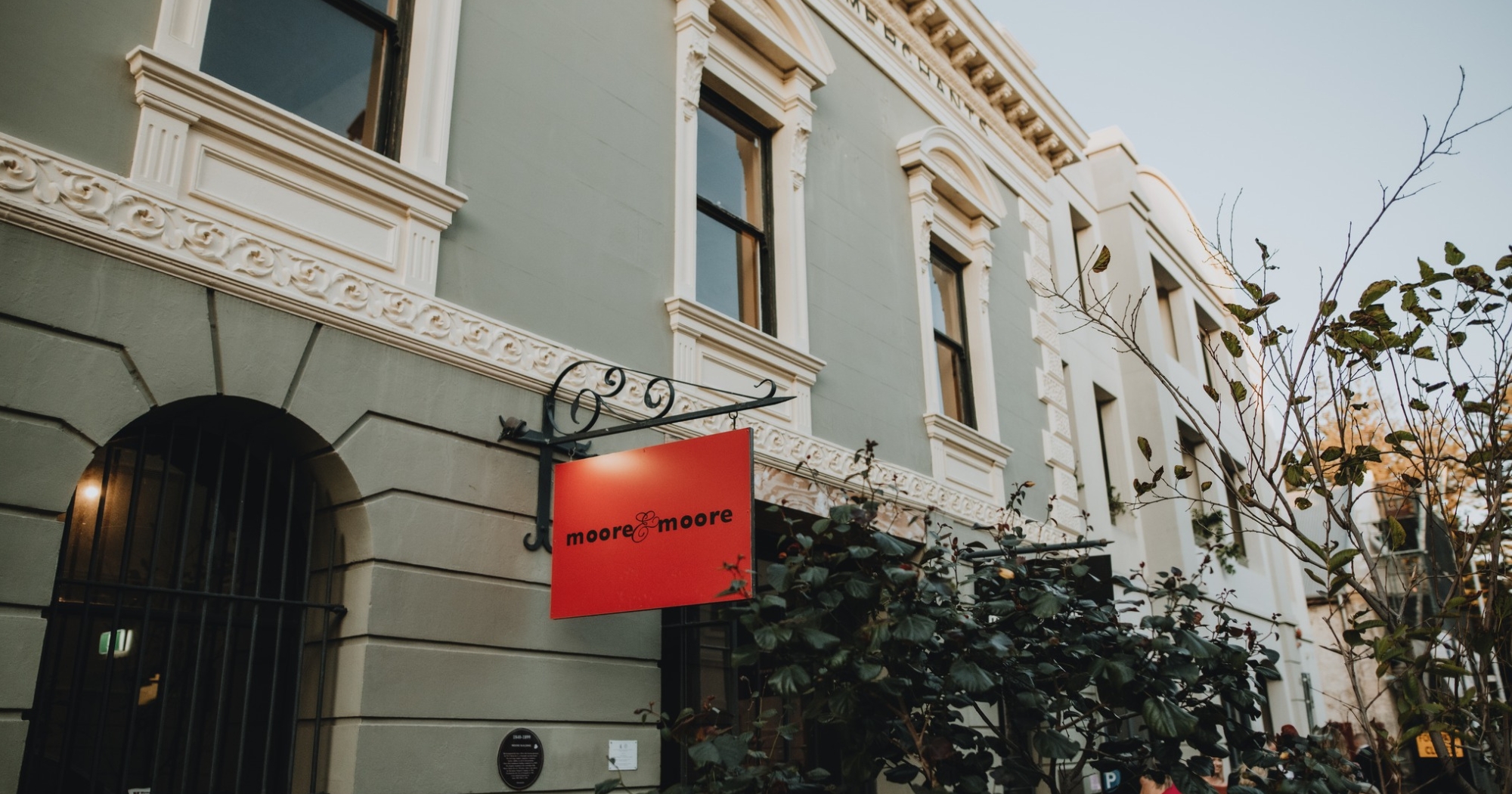On your mark, set, TEST!
Australia’s national science agency, CSIRO, has reached a critical milestone in the fight against COVID-19 and officially started testing potential COVID-19 vaccines.
CSIRO Chief Executive Dr Larry Marshall said the testing was made possible by collaboration both within Australia and across the globe.
“CSIRO researchers are working around-the-clock to combat this disease which is affecting so many – whether it’s at the Australian Animal Health Laboratory or at our state-of-the-art biologics manufacturing facility – we will keep working until this viral enemy is defeated,” Dr Marshall said.
How long will it take?
The process has already been underway for months, with the international organisation, Coalition for Epidemic Preparedness Innovations, engaging CSIRO in January to start working on the vaccine.
In consultation with the World Health Organisation, CEPI identified vaccine candidates from the University of Oxford and Inovio Pharmaceuticals, flagging the first clinical trials would begin at CSIRO.
The first round of testing for the current candidates will take three months, and take place at CSIRO’s high-containment biosecurity facility, the Australian Animal Health Laboratory in Geelong.
However, it is likely testing of further candidates will follow, and estimates for the availability of a vaccine still sit at about 18 months.
Not just a cure
As well as testing vaccines that could be a potential cure, CSIRO is also looking at the best way to give the vaccine for protection and prevention of coronavirus, which could take the form of intra-muscular injection or even nasal spray.
CSIROS’s Professor Trevor Drew said the organisation had been prepping since January to test possible vaccines.
“We are carefully balancing operating at speed with the critical need for safety in response to this global public health emergency,” he said.
On the frontline from the start
CSIRO was the first research organisation outside of China to create a sufficient stock of the virus —using the virus strain isolated by the Doherty Institute — to enable pre-clinical studies.
It also established a biological model of the virus and was the first to confirm ferrets reacted to COVID-19.
Researchers quickly progressed to studying the course of infection in the animals – a crucial step in understanding if a vaccine will work.
Virus clusters
A road bump in developing the vaccine is the discovery of virus “clusters”.
CSIRO researchers found the COVID-19 genomic sequence was actually changing into a number of distinct groups or ‘clusters’, which may impact the way a vaccine is developed.
Researchers are investigating how these clusters will impact the creation of one, or more, vaccines.
Not a cure, but a treatment on its way
While a cure might not be available for up to two years, medicines to help manage COVID-19 and even decrease symptoms are coming to Australia.
Health Minister Greg Hunt revealed a large supply of hydroxychloroquine, which the US has reported minimises the severity of COVID-19 was on its way.
“I have just come off a call with a supplier and I am confident we will have a significant supply of hydroxychloroquine if a doctor wishes to use them with patients who are in hospital,” Mr Hunt said on a Current Affair.
Hydroxychloroquine is actually an oral prescription drug usually used to treat malaria and other inflammatory conditions.
But in the US, President Trump has called it a “game-changer” in the fight against COVID-19, with studies around the world showing it could improve the success rate of COVID-19 and shorten patients’ hospital stays.
Your good old flu shot
Mr Hunt and the whole medical community are urging Australians to get their flu shots early this year, and contain the spread of influenza which spikes every winter and kills hundreds of people.
“We’d like to see as many Australians as possible [vaccinated],” he said.
Mr Hunt said the flu and COVID-19 would be a double whammy for the elderly especially, and it was important to be vigilant against both this winter.
More coronavirus news coverage on SoPerth.com.au:

